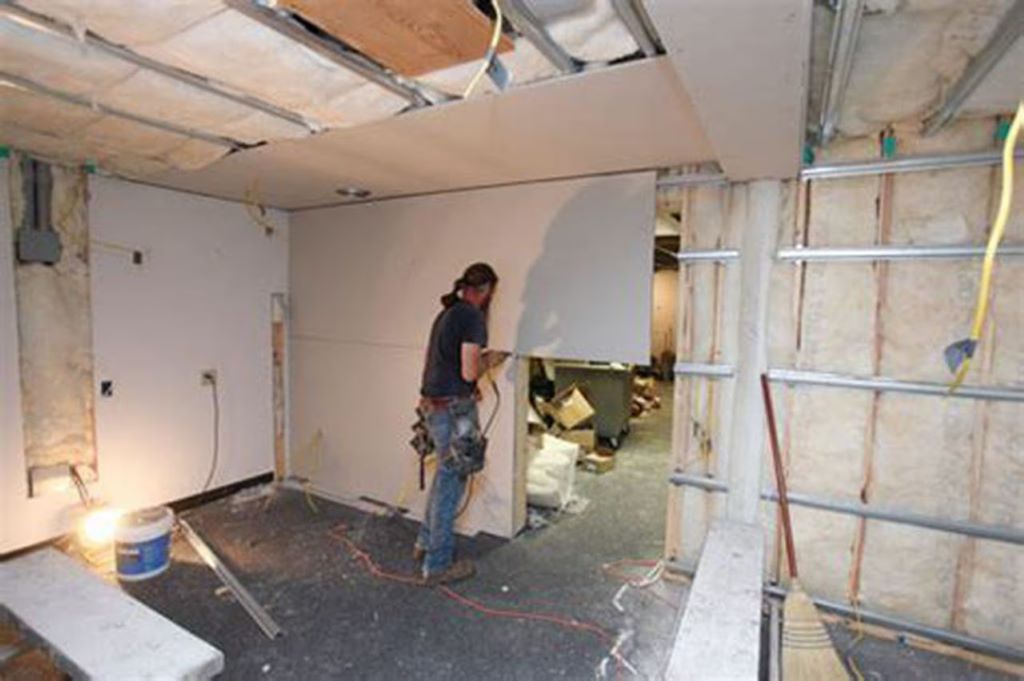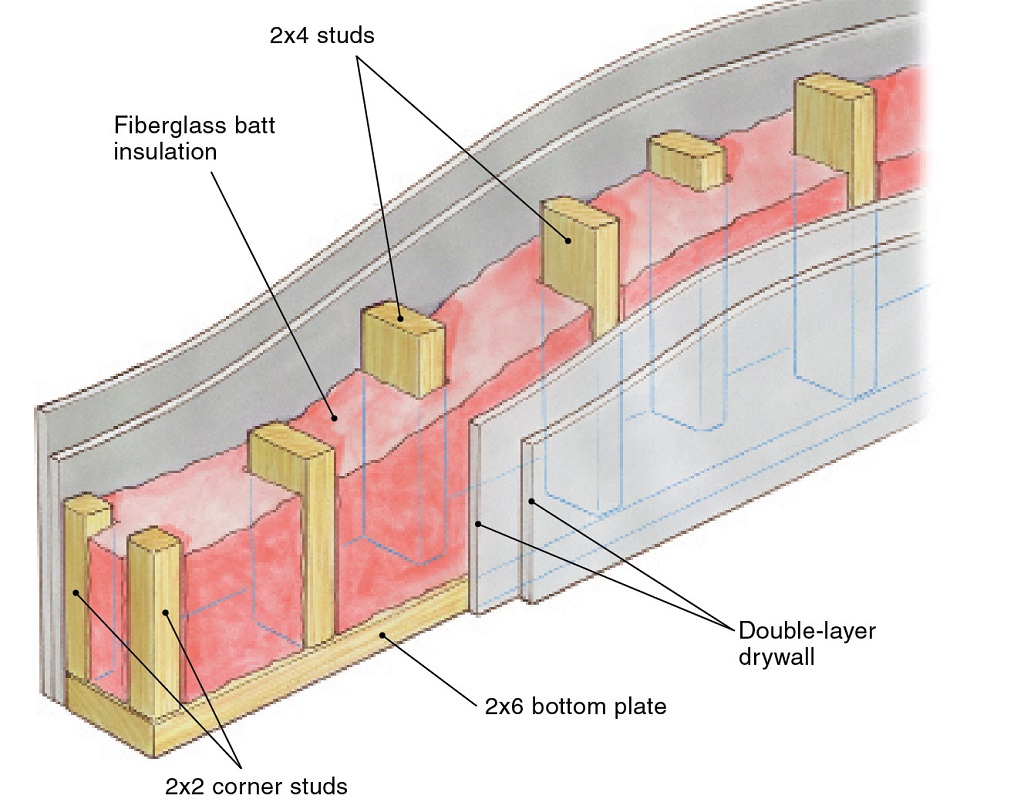Do you find yourself longing for peace and quiet, only to be interrupted by the sounds of footsteps, conversations, or even the television from the next room? If so, you’re not alone. The quest for a quieter and more serene living space has led many to wonder: Can you soundproof internal walls? In this comprehensive guide, we’ll delve into the world of soundproofing, exploring methods, materials, and practical solutions that can help you create a more tranquil environment within your home. This content is presented by Creativejasmin.com.
Understanding the Need for Soundproofing
Before we dive into the specifics of soundproofing internal walls, let’s address the fundamental question: Why is soundproofing necessary? Whether you’re working from home, trying to relax, or simply seeking privacy, unwanted noise can significantly impact your quality of life. Soundproofing internal walls can enhance your comfort, productivity, and overall well-being. Explore soundproofing between semi detached houses.
Exploring Soundproofing Methods
When it comes to soundproofing internal walls, various methods can be employed. These methods can be broadly categorized into three main approaches: adding mass, damping, and decoupling.
- Adding Mass: One effective way to reduce sound transmission is by adding mass to the wall. This can be achieved by using dense materials such as mass-loaded vinyl or multiple layers of drywall. The added weight helps to absorb and block sound waves.
- Damping: Damping involves reducing vibrations within the wall, which can contribute to sound transmission. Specialized damping compounds or panels can be applied to the wall’s surface to absorb and dissipate vibrations.
- Decoupling: Decoupling is the practice of physically separating layers of the wall to prevent sound waves from easily traveling through. Techniques such as using resilient channels or staggered stud framing can create a barrier that minimizes sound transfer.
Selecting the Right Materials
The effectiveness of soundproofing largely depends on the materials used. Here are some materials commonly employed in soundproofing internal walls:
- Acoustic Insulation: Acoustic insulation, such as mineral wool or fiberglass, can be placed between wall studs to absorb sound and improve insulation.
- Mass-Loaded Vinyl: Mass-loaded vinyl sheets are dense and flexible materials that can be added to walls to enhance their sound-blocking capabilities.
- Green Glue: Green Glue is a viscoelastic compound that can be sandwiched between layers of drywall to dampen vibrations and reduce noise transmission.
DIY vs. Professional Installation
While there are many DIY soundproofing tutorials available, the decision between DIY and professional installation depends on factors like your budget, the level of soundproofing required, and your comfort with home improvement tasks. Simple methods like adding curtains or rugs can be tackled on your own, but for more complex solutions, seeking professional expertise might yield better results.
Conclusion
In the quest for a quieter living space, soundproofing internal walls emerges as a practical and effective solution. By understanding the different approaches, selecting the right materials, and considering whether to take a DIY approach or seek professional help how to plan your perfect home extension, you can create a more peaceful and comfortable environment within your home.
FAQs
- Can I soundproof existing walls?
Yes, it’s possible to soundproof existing walls using various methods and materials.
- How much does professional soundproofing cost?
The cost of professional soundproofing can vary based on factors like the size of the room and the chosen soundproofing methods.
- Will soundproofing eliminate all noise?
While soundproofing can significantly reduce noise, it may not completely eliminate all sounds.
- Can I use soundproofing techniques for commercial spaces?
Absolutely! Soundproofing techniques can be applied to both residential and commercial spaces.
- Is soundproofing a one-time investment?
Yes, soundproofing is a one-time investment that can provide long-lasting benefits for your comfort and well-being.






